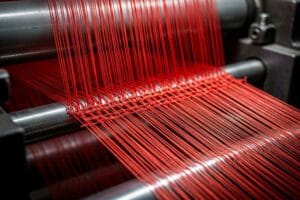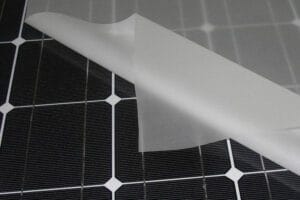At present, the global surgical glove market is in short supply, consuming approximately 75 to 80 billion pairs of latex gloves each year. The demand for surgical gloves in China is about 11 billion pairs, and the market gap is large.
.jpg)
Moreover, most of the medical sterilized surgical gloves in the market are made of natural latex. The disadvantages of latex gloves are:
- relatively thick so that the surgeon is not sensitive enough to operate
- easy to cause allergies
- can not effectively block the virus
Different from traditional latex gloves, water-based polyurethane surgical gloves are as thin as 0.1 mm, with a real touch and sensitive response, which can effectively reduce the chance of equipment mistakes. Although the thinness is only half that of latex gloves, the puncture resistance is twice as much.
Polyurethane can be adjusted in softness and hardness due to its molecular structure and can be made into products with properties that meet medical requirements. The tensile strength of polyurethane can reach 28 MPa; the elongation at break can reach 1800%; the tensile modulus can reach 7.3 MPa, the mechanical properties are good, and it will not cause allergic reactions to human skin.
As a polymer material, water-based polyurethane can form a thin film after drying. Due to the material characteristics of water-based polyurethane, after reducing the modulus, the thickness of the polyurethane film will be thin but the strength will be reduced. The strength and toughness can be improved by adding a cross-linking agent to meet the requirements of medical standards.
What is a crosslinking agent?






